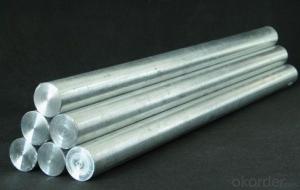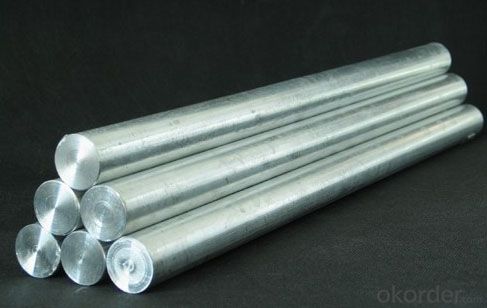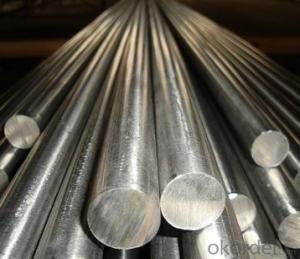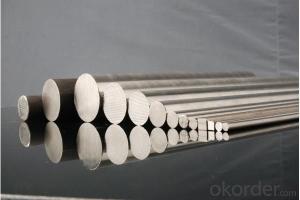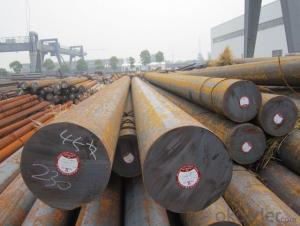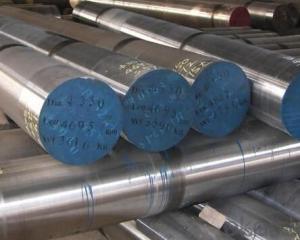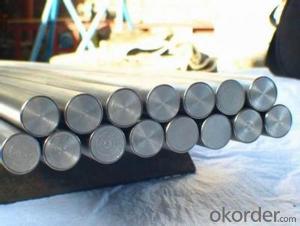Special Steel 310 Stainless Steel Round Bar
- Loading Port:
- China main port
- Payment Terms:
- TT OR LC
- Min Order Qty:
- 30 m.t.
- Supply Capability:
- 10000 m.t./month
OKorder Service Pledge
OKorder Financial Service
You Might Also Like
Specification
Product information:
Standard | ASTM | ||||||||||
Grade | astm310 | ||||||||||
MOQ | 1 Metric Ton | ||||||||||
Diameter | 10mm~1500mm | ||||||||||
Length | 6m,12m or as required. | ||||||||||
Diameter Tolerance | As required | ||||||||||
Condition of delivery | Hot rolled,Cold Rolled or as required. | ||||||||||
Chemical Composition(%) | |||||||||||
C | Si | Mn | P | S | Cr | ||||||
≤0.25 | ≤1.50 | ≤2.00 | ≤0.045 | ≤0.03 | 24.00-26.00
| ||||||
Ni | |||||||||||
19.00-22.00 | |||||||||||
Mechanical Properties(In Quenching and Tempering) | |||||||||||
Tensile strength | Yield strength | Elongation | Reduction in Area | Impact | Hardness | ||||||
(σb/MPa) | (σs/MPa) | (δ5/%) | (ψ/%) | (J) | (HB) | ||||||
≥205 | ≥520 | ≥40 | ≥50 | - | ≤187 | ||||||
Product Show:
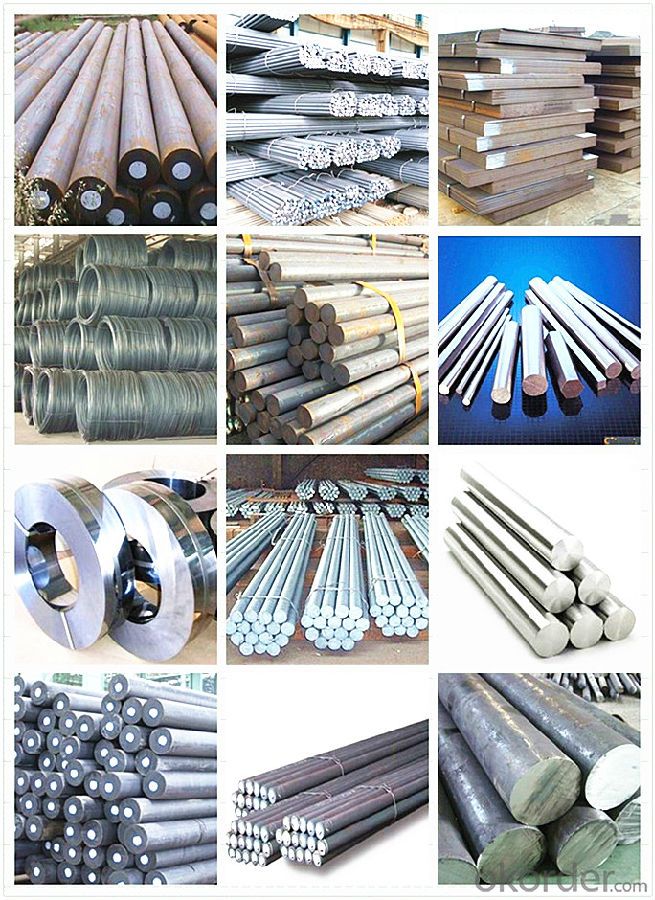
Workshop Show:
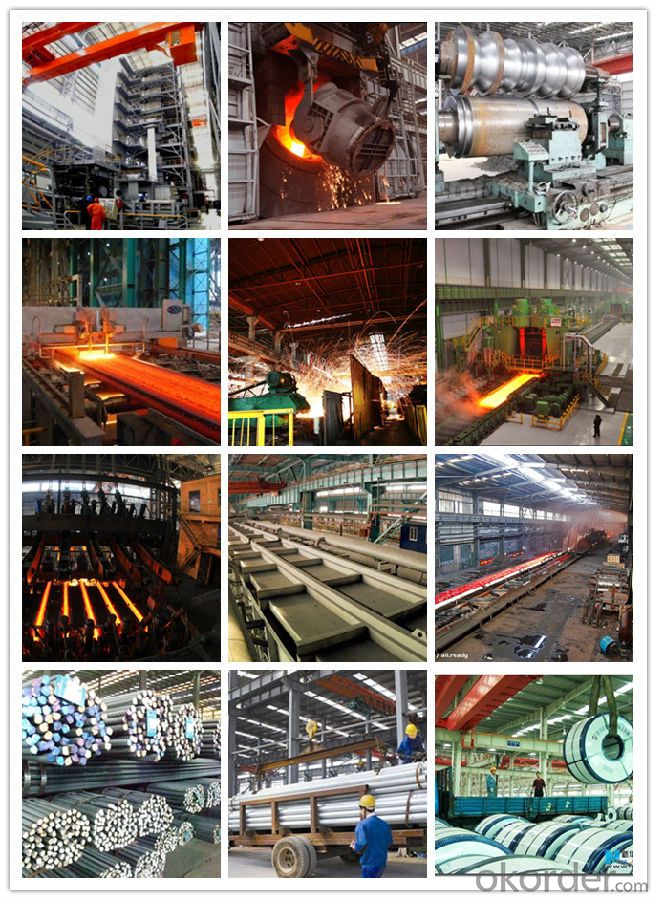
Shipping
1. FedEx/DHL/UPS/TNT for samples, Door-to-Door;
2. By Air or by Sea for batch goods, for FCL; Airport/ Port receiving;
3. Customers specifying freight forwarders or negotiable shipping methods!
Delivery Time: 3-7 days for samples; 5-25 days for batch goods.
Payment Terms
1.Payment: T/T, L/C, Western Union, MoneyGram,PayPal; 30% deposits; 70% balance before delivery.
2.MOQ: 1pcs
3.Warranty : 3 years
4.Package Informations: 1) EXPORT, In 20 feet (GW 25 ton) or 40 feet Container (GW 25 ton)
2)as customer's requirement
Why choose us?
(1) The leading exporter in China special steel industry.
(2) Large stocks for various sizes, fast delivery date.
(3) Good business relationship with China famous factories.
(4) More than 7 years steel exporting experience.
(5) Good after-sales service guarantee.
- Q: What are the requirements for special steel used in low-temperature applications?
- Special steel used in low-temperature applications must meet certain requirements to ensure its performance and reliability in such conditions. These requirements primarily revolve around three key factors: toughness, resistance to brittle fracture, and corrosion resistance. Toughness is of utmost importance in low-temperature applications because it determines a material's ability to absorb energy and resist cracking or fracturing. Special steel for low-temperature applications should have high toughness, which is typically achieved through the addition of certain alloying elements such as nickel and manganese. These elements enhance the steel's ability to withstand impact loads and prevent catastrophic failures. Resistance to brittle fracture is another crucial requirement for steel used in low-temperature environments. At low temperatures, steel becomes more susceptible to brittle fracture, which can occur without any significant deformation or warning. To mitigate this risk, special steel for low-temperature applications undergoes specific heat treatment processes to refine its microstructure and improve its resistance to brittle fracture. Corrosion resistance is also an essential requirement for special steel used in low-temperature applications. Low temperatures can often lead to the formation of ice or condensation, which can introduce moisture and potentially corrosive substances to the steel's surface. Therefore, the steel must have excellent corrosion resistance properties to prevent degradation and maintain its structural integrity over time. This is commonly achieved through the addition of corrosion-resistant elements such as chromium and molybdenum. In addition to these primary requirements, other factors such as dimensional stability, weldability, and cost-effectiveness should also be considered when selecting special steel for low-temperature applications. The material should have good dimensional stability to ensure it retains its shape and mechanical properties under varying temperature conditions. It should also be easily weldable to facilitate construction and maintenance processes. Moreover, the selected steel should be cost-effective, balancing its performance with the overall project budget. Overall, special steel used in low-temperature applications must possess high toughness, resistance to brittle fracture, and corrosion resistance. Meeting these requirements ensures the steel's reliability and longevity in challenging low-temperature environments, allowing for safe and efficient operation in various industries such as cryogenic storage, oil and gas exploration, and transportation.
- Q: How does special steel perform in extreme weather conditions?
- Special steel is specifically designed to have enhanced performance in extreme weather conditions. It exhibits exceptional strength, durability, and resistance to corrosion, making it highly suitable for withstanding harsh environments such as extreme heat, cold, humidity, and strong winds. Additionally, special steel maintains its mechanical properties and structural integrity even under extreme temperature variations, ensuring its reliability and longevity in adverse weather conditions.
- Q: Can special steel be used in medical applications?
- Indeed, medical applications can utilize special steel. Known as stainless steel, special steel is extensively employed in the medical field due to its distinctive qualities and benefits. Its resistance to corrosion is exceptionally high, a crucial aspect in medical settings where exposure to bodily fluids and sterilization procedures is prevalent. Moreover, special steel is biocompatible, meaning it does not trigger adverse reactions upon contact with human tissues or fluids. Consequently, it finds suitability in numerous applications, including surgical instruments, orthopedic implants, dental equipment, and medical devices. The adaptability of special steel allows it to be molded into various forms, ensuring its utilization for diverse medical purposes. Furthermore, its strength and durability contribute significantly to its effectiveness in medical applications, providing dependable and long-lasting tools and equipment. Additionally, special steel can endure high temperatures, making it appropriate for autoclaving and other sterilization methods. In conclusion, the properties of special steel make it an exceptionally fitting material for medical applications, guaranteeing the safety, efficacy, and endurance of medical equipment and devices.
- Q: What are the different types of free-cutting steel?
- There are several different types of free-cutting steel, including leaded steels, sulfurized steels, and phosphorized steels. These types of steels are specifically designed to improve machinability and enhance the cutting performance during manufacturing processes.
- Q: What are the different coating techniques used for special steel?
- Some of the different coating techniques used for special steel include hot-dip galvanizing, electroplating, powder coating, and metallizing.
- Q: How does special steel contribute to energy efficiency?
- Special steel contributes to energy efficiency in several ways. Firstly, it is used in the manufacturing of energy-efficient appliances and equipment, such as refrigerators, air conditioners, and turbines. This steel has superior strength and durability, allowing for the production of lighter and more compact designs, which reduces energy consumption during operation. Secondly, special steel is used in the construction of energy-efficient buildings and infrastructure. Its thermal properties, such as high heat resistance and low thermal conductivity, help in reducing heat transfer, resulting in lower energy requirements for heating and cooling. Lastly, special steel is also utilized in renewable energy technologies like wind turbines and solar panels, where its corrosion resistance and high strength-to-weight ratio enhance their efficiency and longevity. Overall, special steel plays a crucial role in promoting energy efficiency across various industries and sectors.
- Q: How does special steel perform in high-speed applications?
- Special steel performs exceptionally well in high-speed applications. Its unique composition and properties, such as high strength, hardness, and toughness, allow it to withstand extreme conditions, including high temperatures, vibrations, and stresses. This ensures reliable performance, minimal wear, and extended service life, making special steel an ideal choice for high-speed applications where precision, durability, and efficiency are critical.
- Q: What are the different types of high-strength steel?
- There are several different types of high-strength steel, including advanced high-strength steels (AHSS), ultra-high-strength steels (UHSS), and microalloyed steels. AHSS are specifically designed to provide improved strength and formability, making them suitable for automotive applications. UHSS have even higher strength levels than AHSS and are often used in applications where weight reduction and crashworthiness are critical, such as in the aerospace industry. Microalloyed steels are a type of high-strength steel that use small amounts of alloying elements to achieve increased strength and toughness.
- Q: What are the different types of spring steel?
- There are several different types of spring steel, including high carbon spring steel, stainless steel, alloy steel, and piano wire.
- Q: Can special steel be coated or plated?
- Yes, special steel can be coated or plated with various materials to enhance its properties, protect against corrosion, or improve its aesthetic appearance.
Send your message to us
Special Steel 310 Stainless Steel Round Bar
- Loading Port:
- China main port
- Payment Terms:
- TT OR LC
- Min Order Qty:
- 30 m.t.
- Supply Capability:
- 10000 m.t./month
OKorder Service Pledge
OKorder Financial Service
Similar products
Hot products
Hot Searches
Related keywords
